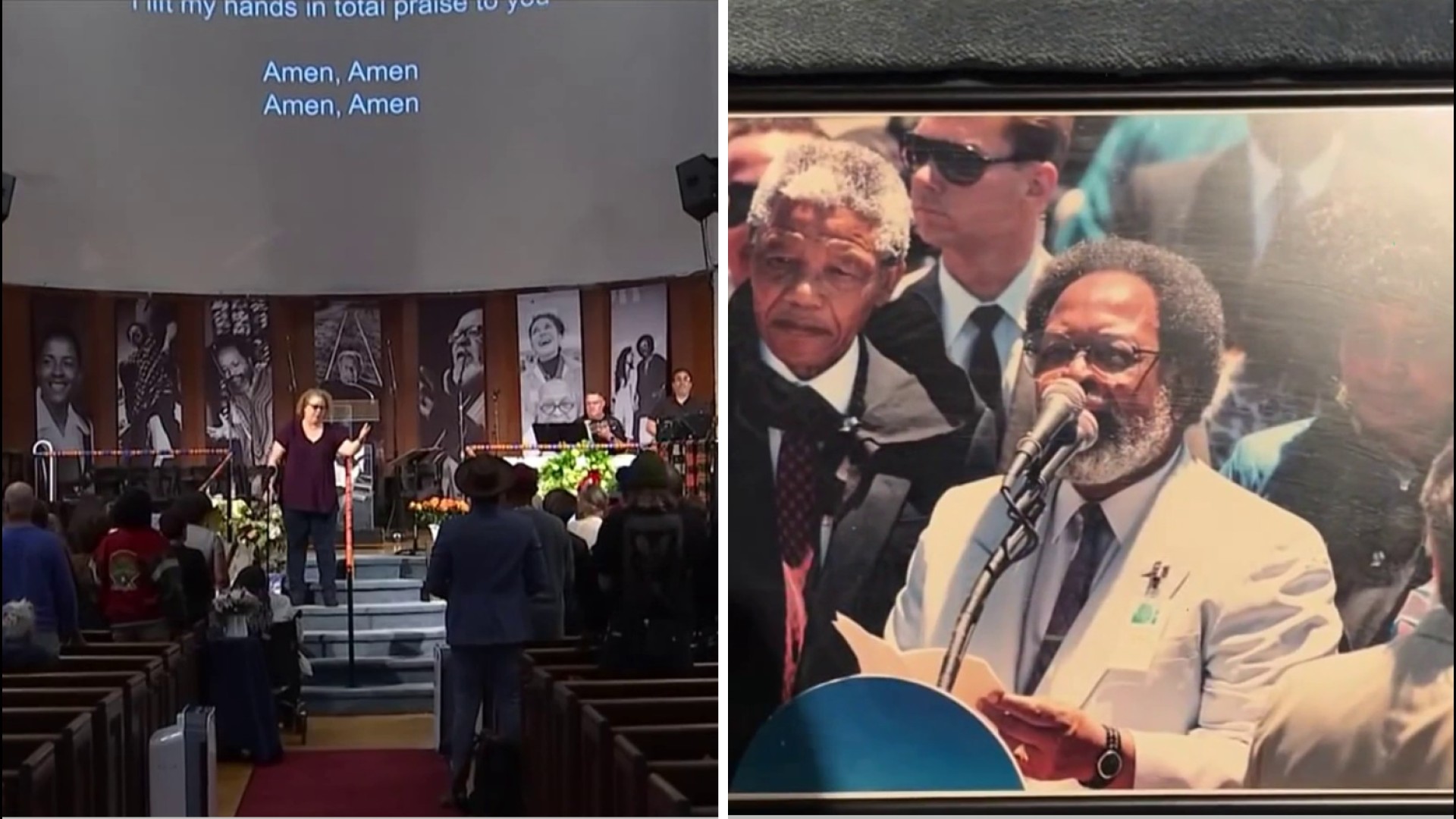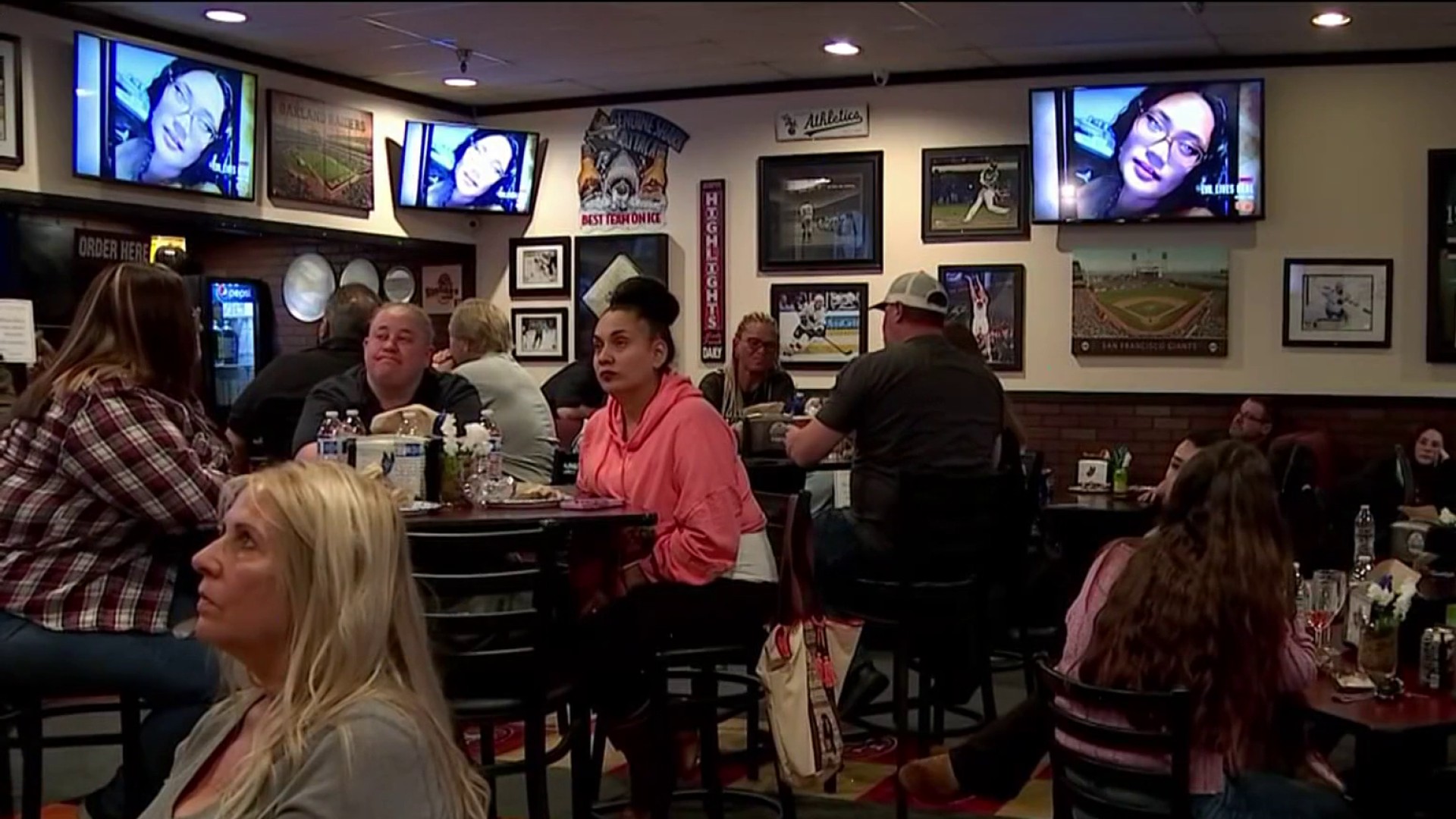California is one of 20 states that allow gun restraining orders, in which the government can take away a person’s firearm if they’re believed to be a threat to themselves or others. The California program, known as the Armed and Prohibited Persons System, boasts a relatively small staff of law enforcement officials, which has made it difficult to keep up with the growing list of gun owners across the state prohibited from possessing firearms.
"Thirty or forty, typically, are covering the entire state and may have to drive hours to get to an individual person's house," said Dr. Garen Wintemute, who heads the Violence Prevention Research Program at University of California - Davis.
"The transaction at the door is "Hi, we understand that you own firearms and you're not allowed to under the law. We need for you to give us your firearms,' he explained. "That's not a one law enforcement officer, one person kind of transaction. It takes half a dozen people to carry that off ... so it's extremely labor intensive."
Last year, law enforcement officials took away 1,243 guns from Californians, according to the California Dept. of Justice.
Get a weekly recap of the latest San Francisco Bay Area housing news. Sign up for NBC Bay Area’s Housing Deconstructed newsletter.
Today, however, there are 23,598 individuals in the state who still possess firearms despite being prohibited from owning guns.
"I do believe we can do a better job of educating the public about the steps they can take when they believe someone is likely to commit some harm to themselves or others," said Robyn Thomas, Executive Director of the Giffords Law Center to Prevent Gun Violence. "We have these laws on the books," said Thomas, referring to the Armed and Prohibited Persons Systems program.
"Unless people know they're there, know how to use them, and know when is the right time to use them, they're not being adequately resourced to prevent acts of violence that can be prevented."
Local
Thomas also believes a lack of federal gun restrictions undermines California's tough stance on guns. "It's far too easy for those that want to get their hands on certain guns or flout the laws to just go to states where the laws are weaker. And the truth is, guns are being trafficked from states with weak laws into states with strong laws."
According to the Giffords Law Center, California has the 7th lowest gun death rate in the nation while boasting the toughest gun laws in the U.S., which include universal background checks and restrictions on assault weapons.
Including this week's tragedy in San Jose, there have been 232 mass shootings in the U.S. so far this year, according to the Gun Violence Archive, which defines mass shootings as those involving at least four gun victims, regardless of whether they are killed or survive.
"I think the history here in California has shown that, hey, you can you can pass all kinds of gun laws and it doesn't stop this demented person from going over and shooting a bunch of his coworkers in San Jose," said Assemblyman James Gallagher of California's 3rd District. "More laws is not going to do anything more to stop these atrocities from happening."
While Gallagher and Thomas find themselves at opposite ends of the gun debate, both agree more needs to be done to take guns out of the hands of people who pose a danger to themselves or others.
"We still have a backlog, tens of thousands of individuals who are not supposed to own firearms that we need to go out and disarm," Gallagher said. "We've got to stop focusing on the gun itself and start focusing more on what is it that would cause someone to use a gun in this way?"
In lieu of restricting gun access, Gallagher wants to increase accessibility to mental health providers and better equip schools to identify troubled individuals at younger ages.
"Lives are at stake," said Dr. Wintemute, who is currently researching the effectiveness of the state's gun restraining program and hopes to release those findings later this year.
"Lives can be lost if bad policy is implemented or if good policy isn't," he said, "and it's our job to distinguish one from the other so that actions are taken."



